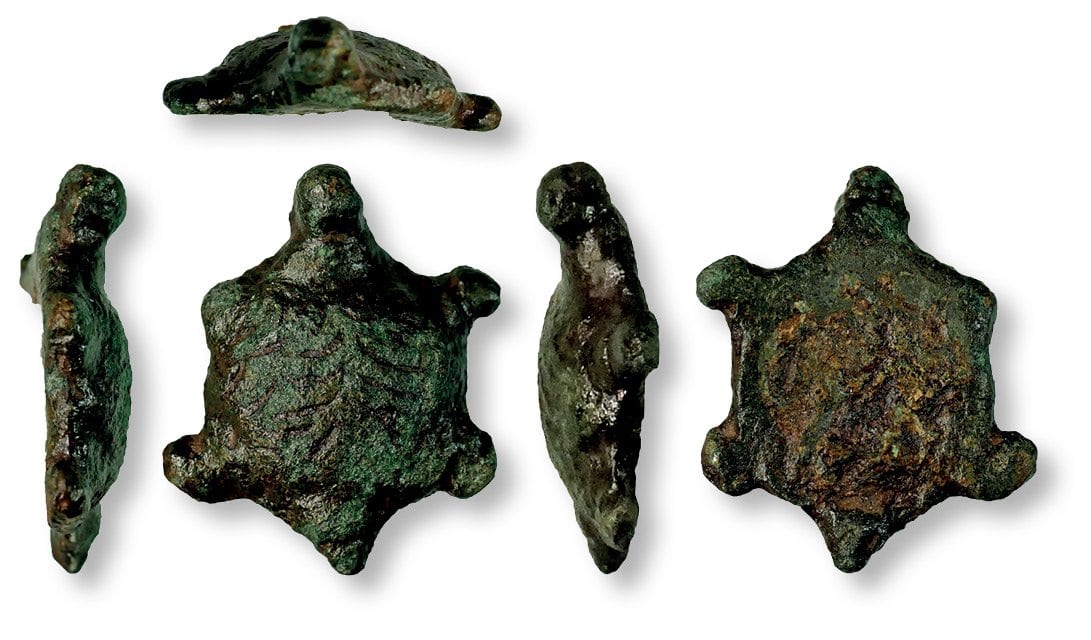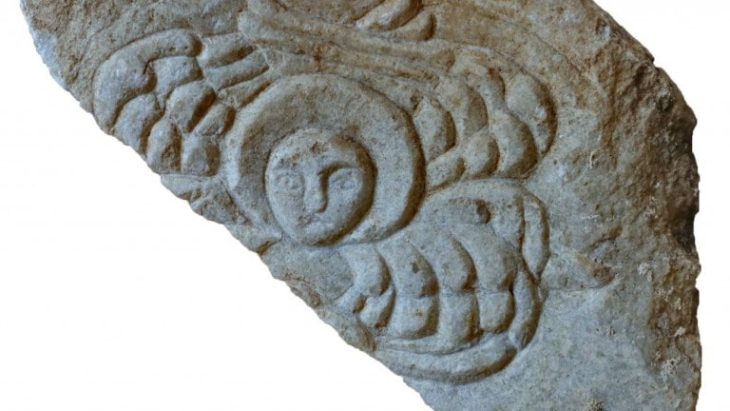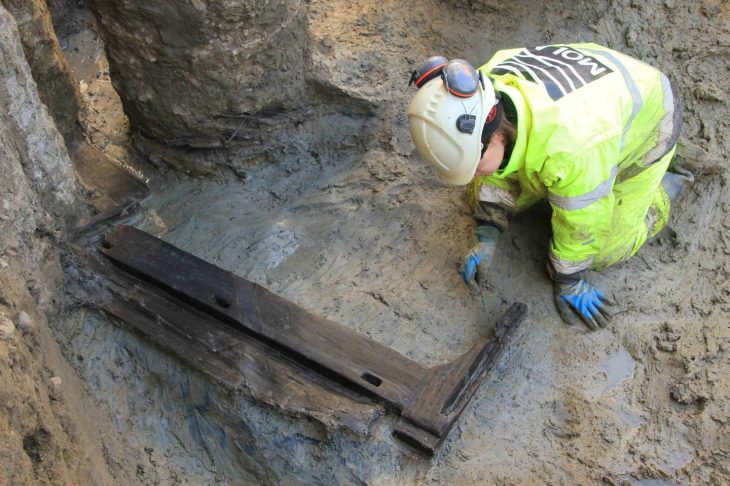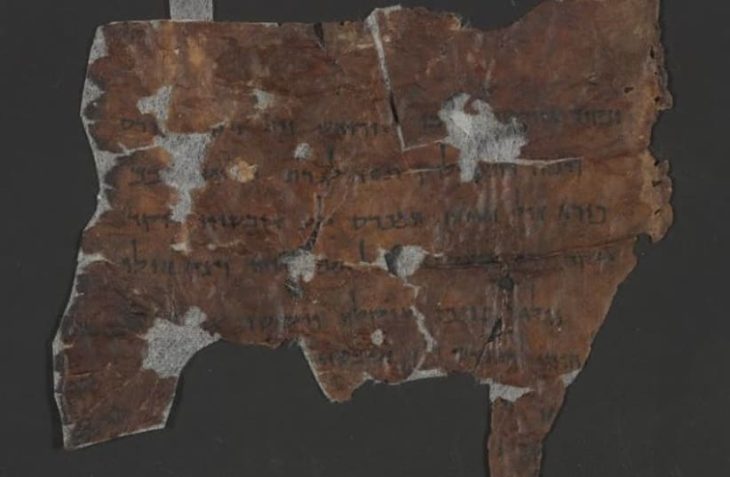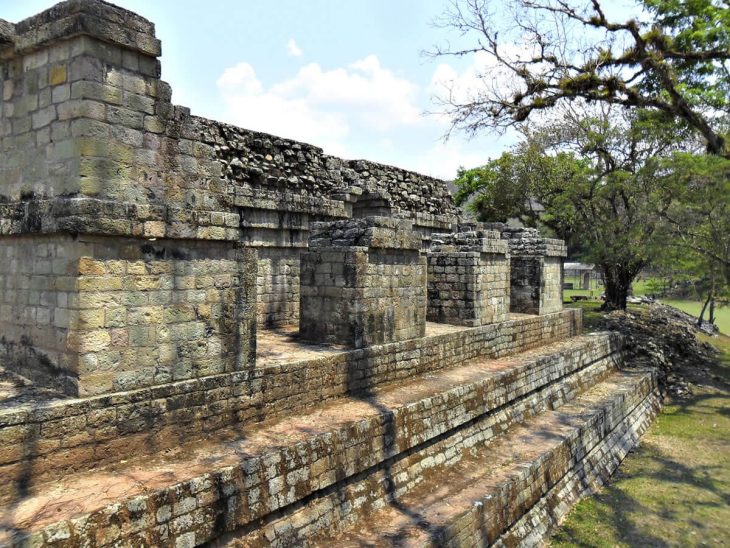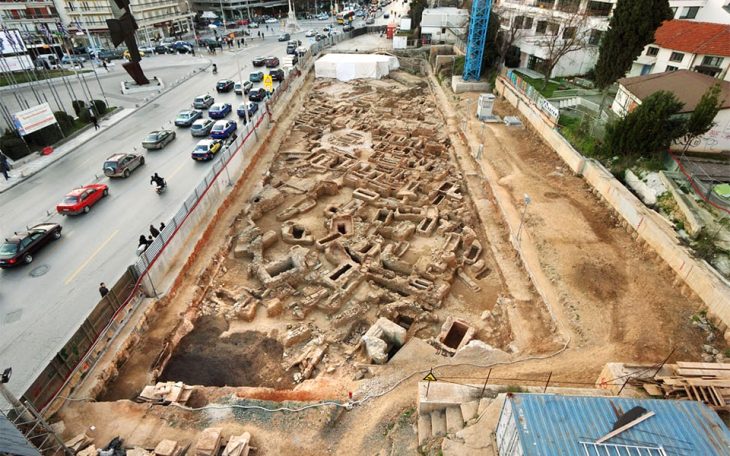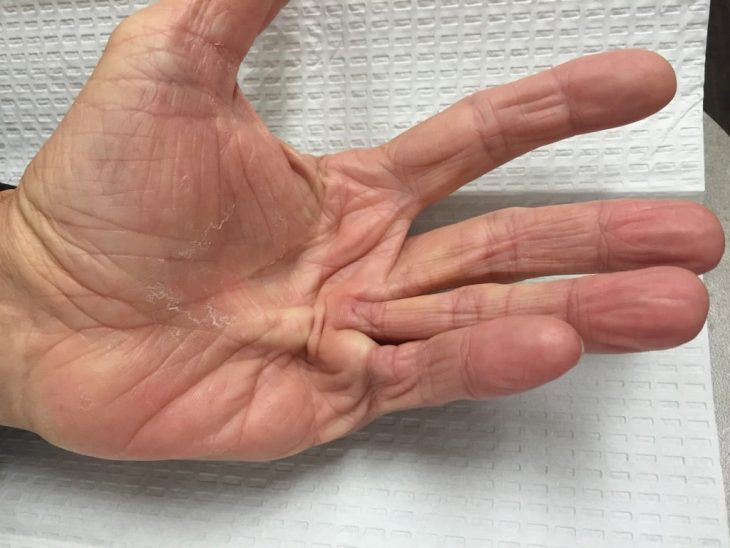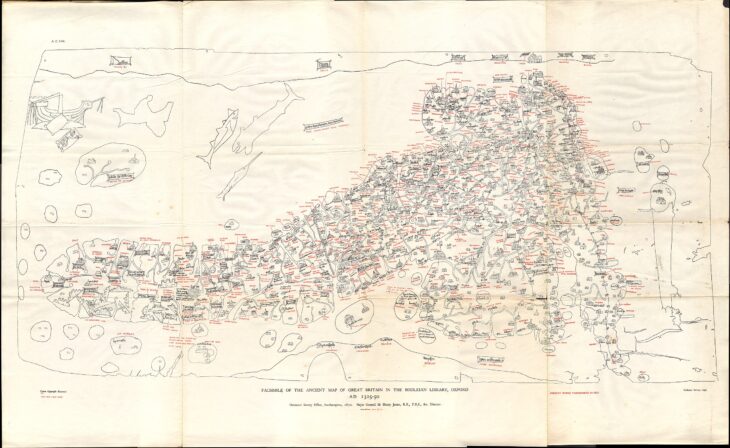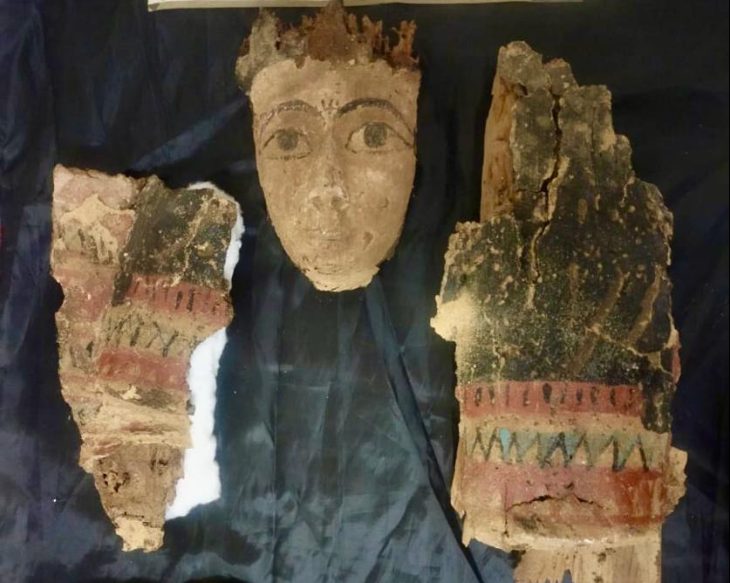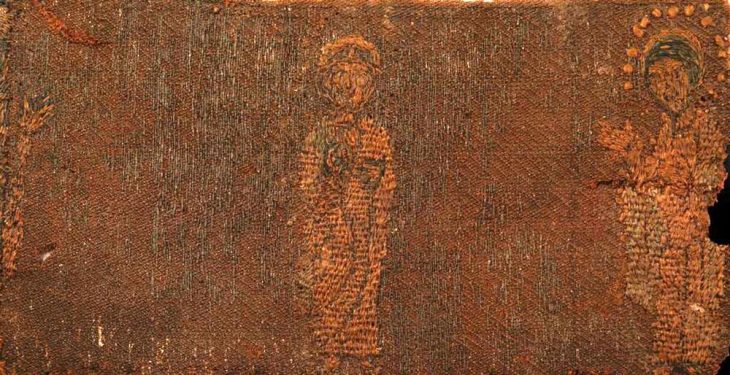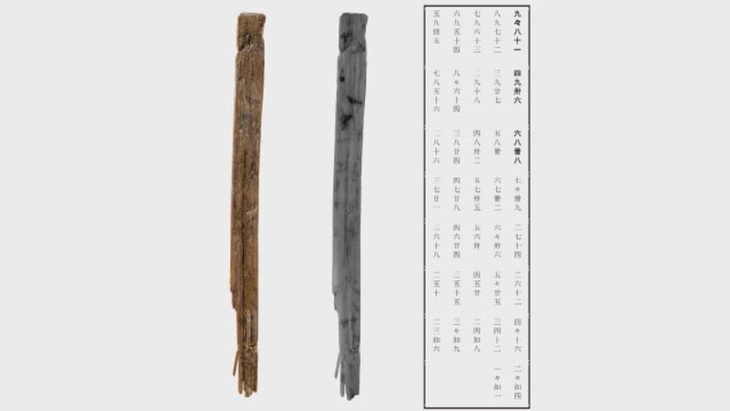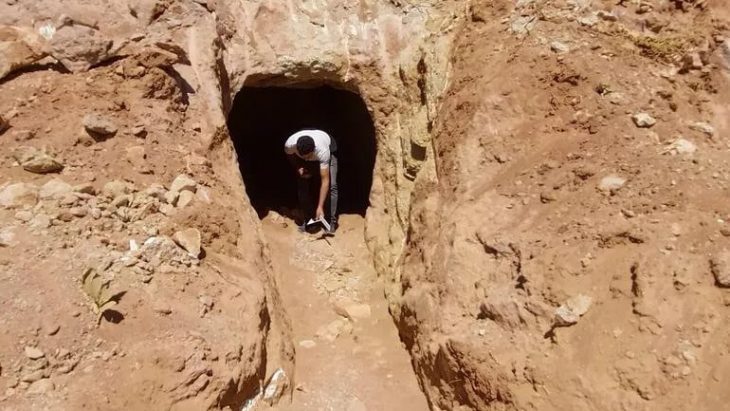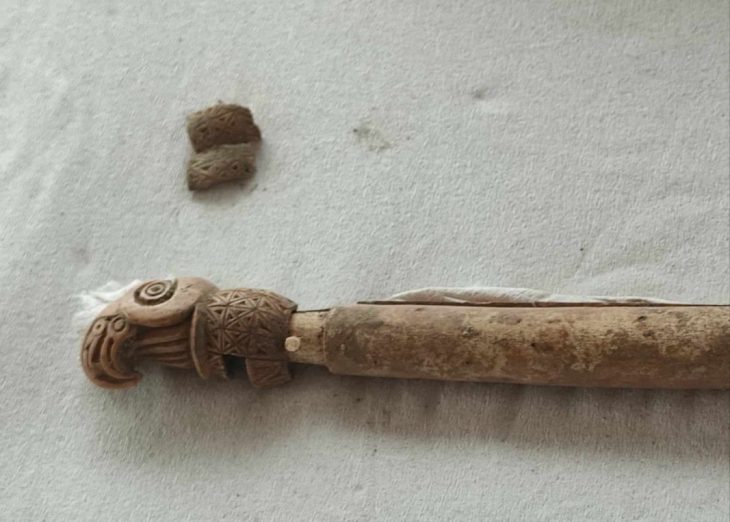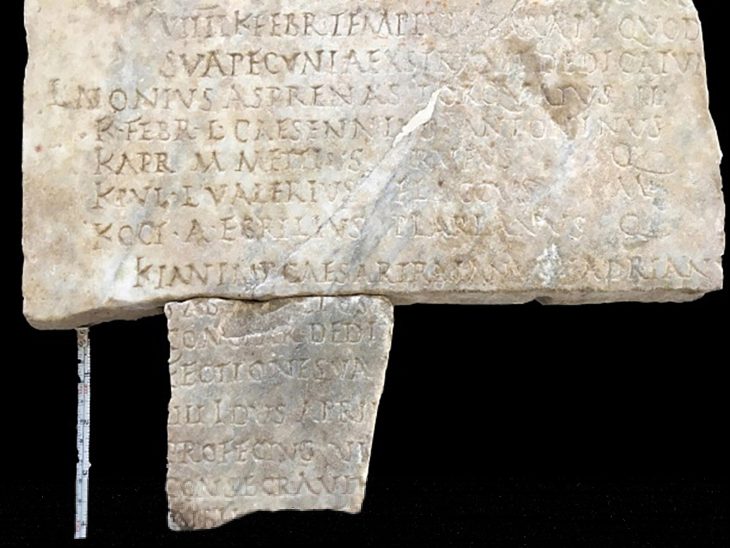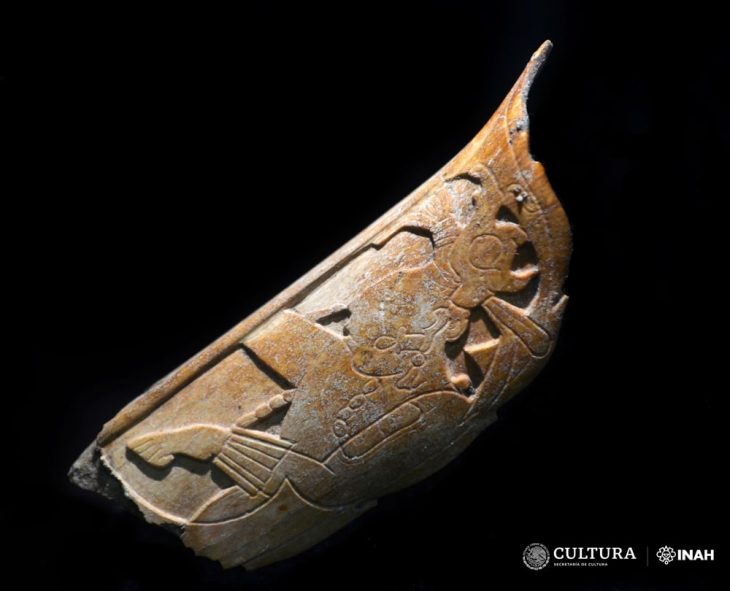In July last year, a small Roman copper alloy tortoise or turtle figurine was discovered by metal detectors near the village of Wickham Skeith in Suffolk, England.
The tortoise figurine has a flat base with no evidence of having once had a fixing, suggesting that it was a free-standing figurine, and possibly part of a larger set of figures.
There is no exact date, but experts date it to the early 2nd century AD, as a similar example was unearthed in settlement layers dating to around 100-400 AD during excavations in the Roman city of Colchester.
At just over one inch long and just under one inch wide, the figurine’s body is shaped like a typical turtle/tortoise shell, sub-circular in plan and D-shaped in section. While the top of the shell is very worn, it appears to have once been decorated with two sets of crescent-shaped grooves, positioned on either side of the midpoint. The figurine has a crudely shaped head protruding from the apex of the shell, and four feet projecting from the sides. The left forelimb seems to have been broken away some time ago, leaving only a short stump. There is also a small tail on the lower edge. The underside of the shell is flat and does not appear to have been decorated.
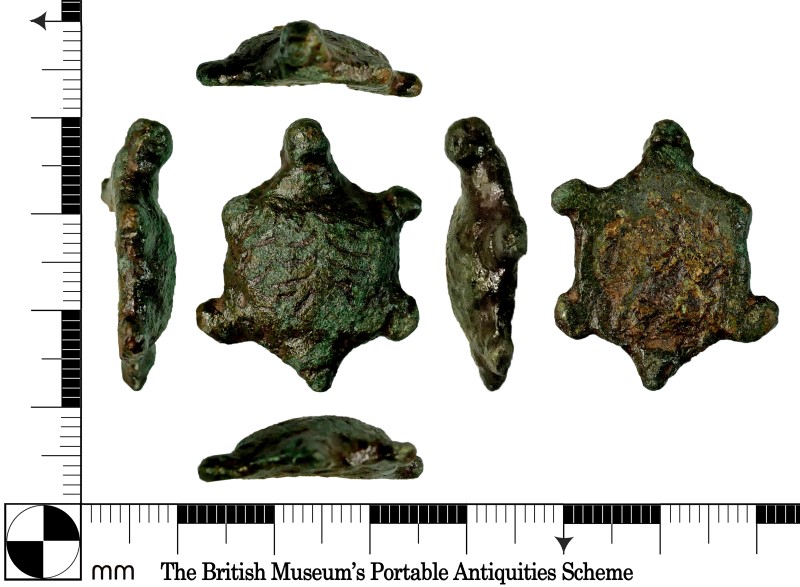
Tortoises or turtles were most often associated with the god Mercury in the Roman world and Mercury is often found accompanied by turtles/tortoises in iconography. Mercury was the god of commerce, communication and travellers. A possible reason for the association with Mercury was that tortoise shells were used for making lyres, stringed musical instruments used in antiquity, the invention of which is attributed to Mercury in mythology. It may have been associated with Sabazios, too, a god of the Phrygians and Thracians.
Metal detectorists who report their finds to the Finds Recording Team have resulted in an increasing corpus of Roman turtle/tortoise figurines in recent years. Several similar figurines have also been recorded in Suffolk, near Barking, and near Little Blakenham by the Portable Antiquities Scheme over the years.
The wee tortoise was reported to the Suffolk Finds Liaison of the Portable Antiquities Scheme for documentation and has now been returned to the finder.
The Portable Antiquities Scheme is an initiative to encourage the recording of archaeological objects found by members of the public in England and Wales.
Cover image: Suffolk County Council

